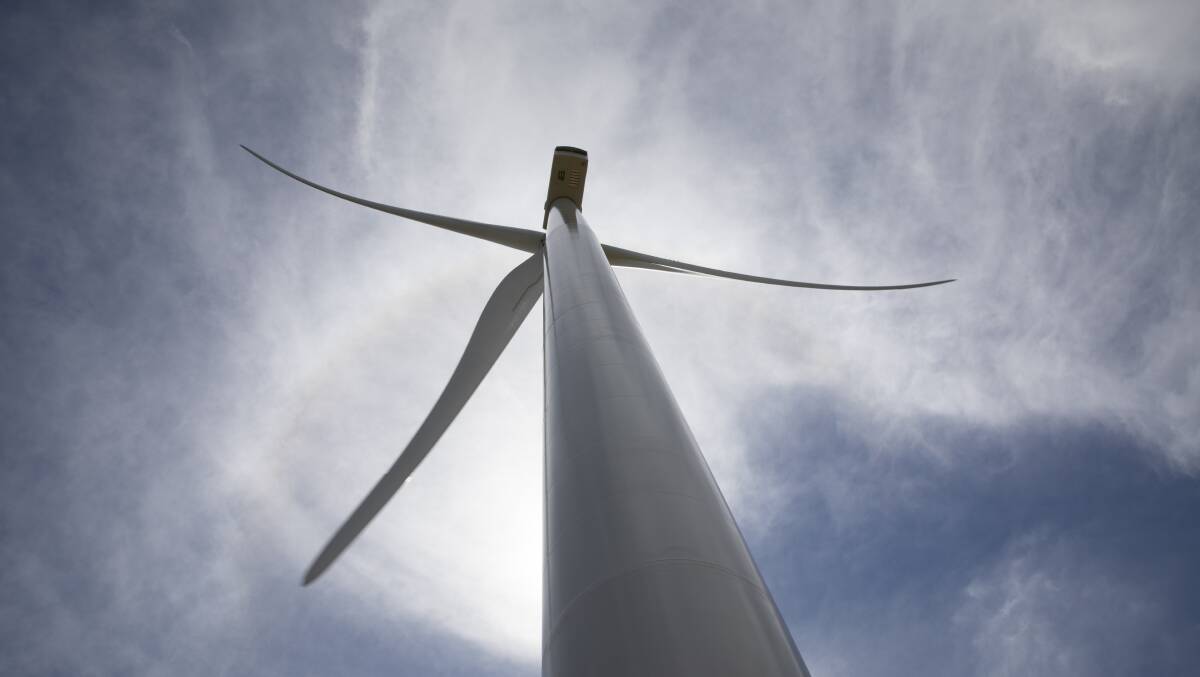Australia could transition away from the production and consumption of fossil fuels without a single forced redundancy, a new report suggests. As Chinese state media appeared to confirm a ban on Australian coal, the Australia Institute's Centre for Future Work has found Australia could phase out coal, oil and gas industries without mass layoffs.

Around 133,000 people were employed in fossil-fuel jobs in 2019 - around 1 per cent of Australia's total jobs.
Approximately 50,000 of those jobs are in the coal industry.
But Centre for Future Work director Dr Jim Stanford said their analysis - commissioned by health and community services superannuation fund HESTA - showed the government could manage the transition by investing in incentives for early retirement and regional diversification over a 20-year period.
He said it would be "shockingly inexpensive" for Australia to support the small number of communities that relied on these jobs.
"Twenty years would be ambitious, and doable," Dr Stanford said.
"You've got a situation where you have to facilitate the replacement of 1 per cent of total employment. So you're adjusting it by one-20th of 1 per cent a year. You're looking at 6500 jobs per year.
"And because you're dealing with a 20-year period, and you're dealing with a workforce that is already relatively old if you do it right most of those workers can just retire. Or they can undertake other voluntary changes. [It] absolutely can be done without a single involuntary redundancy."
This was true even in regional areas that were the most heavily dependent on fossil fuel industries.
The centre identified only 11 areas across Australia where fossil fuel industries combined accounted for over 5 per cent of total employment.
Around one-quarter of fossil fuel jobs are located in these towns, which include Biloela, Rockhampton, Lithgow, the Lower and Upper Hunter, Maitland and the West Pilbara.
Dr Stanford said it would be just as accurate to describe those 11 communities as "healthcare-dependent" regions, as to call them fossil-fuel dependent.
"Even in most of those fossil-fuel regions, there's more people who work in healthcare than work in fossil fuel. So, you know, I've often said, we should call Central Queensland or the Hunter Valley healthcare-dependent regions not fossil-fuel dependent regions, because there's more work in health care than there is fossil fuel," Dr Stanford said.
"But there's many other sectors, construction, manufacturing, education, professional and scientific industries, that's the most rapidly growing sector in Australia is professional and scientific services. And many fossil-fuel workers, especially those who perform office based functions, like geologists, and technicians, will absolutely be able to transition into that growing sector."
However Dr Stanford said it was vital these transitions started sooner rather than later.